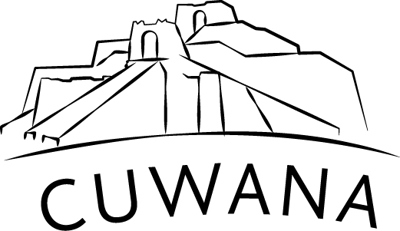
Method of peer review
single-blind undertaken by a specialist member of the Board or an external specialist
Keywords
City, Urban culture, Urbanization, West Asia, North Africa, Mesopotamia, Egypt, Islamic cities, Archaeology, History, City Planning
Accepted Language(s):
English
Accepts Contributions in Open Access
Urbanized society emerged for the first time in human history in ancient West Asia, and it formed a social structure in which the characteristics of each region were determined and centered on a city — a trait that can still be seen in societies worldwide today. The remains of these earliest cities , preserved through abundant archaeological records and numerous cuneiform texts written on clay tablets, provide voluminous data about the birth of urban culture, while the transformation of these centres can be traced over time, from the Hellenistic and Roman periods, via the Byzantine and Sasanian, to the modern day. This peer-reviewed book series is open to both monographs and collected volumes that focus on cities and urbanization in West Asia and its surroundings from ancient times up to the modern age. Encompassing a number of different disciplines, including archaeology, philology, history, anthropology, sociology, city planning, architecture, geology, and geography, this broadly inclusive forum looks to promote innovative studies into the cities, urban landscapes, and urban culture of West Asia in a way that overcomes both chronological and subject-related divides.
-
EDITORIAL BOARD
General Editors
Shigeo Yamada, University of Tsukuba
Mirko Novák, University of BernEditorial Board
Nozomu Kawai, Kanazawa University
Gina Konstantopoulos, UCLA
Kosuke Matsubara, University of Tsukuba
Yutaka Miyake, University of Tsukuba
Tomoko Morikawa, University of Tokyo
Daisuke Shibata, University of Tsukuba
Jason Ur, Harvard University
-
AUTHOR INFORMATION
Main Language: English
Single-blind undertaken by a specialist member of the Board or an external specialistAll volumes in this series are evaluated by an Editorial Board, strictly on academic grounds, based on reports prepared by referees who have been commissioned by virtue of their specialism in the appropriate field. The Board ensures that the screening is done independently and without conflicts od interest. The definitve texts supplied by authors are also subject to review by the Board before being approved for publication.
Author guidelines in English can be found at: https://www.brepols.net/permalink/stylesheet-author